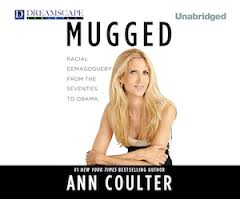The Fairness of Whites as a Critical Weakness
Editor’s note: This is a comment on Colin Liddell’s Plasmagoord and the Sigma Signals.
Here is the essence of what I feel is the primary weakness that has somehow been implanted within the genetic makeup of White European people. This foolish idea that seems to exist within the vast majority of our people’s minds – our Aryan sense of fairness, and the clearly stupid idea that Whites can expect to receive fairness and be treated honorably by non-Whites, if only we can manage to explain to them how they are being unfair to us. Our enemies, primarily the Jews, but in the long run – all non-white races who constitute our racial competition – have very cleverly sensed this weakness in our people and they have done everything possible to pour fertilizer on it, to make sure that it blossoms and flourishes among our demographic group. For it is this weakness, this Aryan sense of fair play and honor – that hands these opponents the means by which they can exploit and take advantage of our natural tendency towards treating others fairly, as we mistakenly think they will treat us if they wind up in power and rule over us. It is this stupid and clearly suicidal notion that leads Whites to vote for non-White candidates who are seeking to obtain political power and dominance over societies and nations which Whites built. Incredibly, these kinds of Whites never seem to be able to grasp the extremely deadly and potentially fatal danger of turning over political power to their racial competitors.
News flash: These non-whites have not at any time in world history, and will NEVER treat our race with any sense of fairness at any point in the future, because non-whites are not genetically engineered to possess these kinds of traits.
Yesterday, I was watching the latest speech by Jared Taylor who was invited to speak at Texas A&M University a few days ago. Taylor ran through his usual talking points about how diversity is not a strength, but a source of incredible conflict and misery and that everywhere on Earth where diversity exists, racial, ethnic, and cultural tensions are always at very strained and tenuous levels – and more often than not, these tensions erupt into very bloody violence between ethnic groups. The standard Taylor stump speech.





